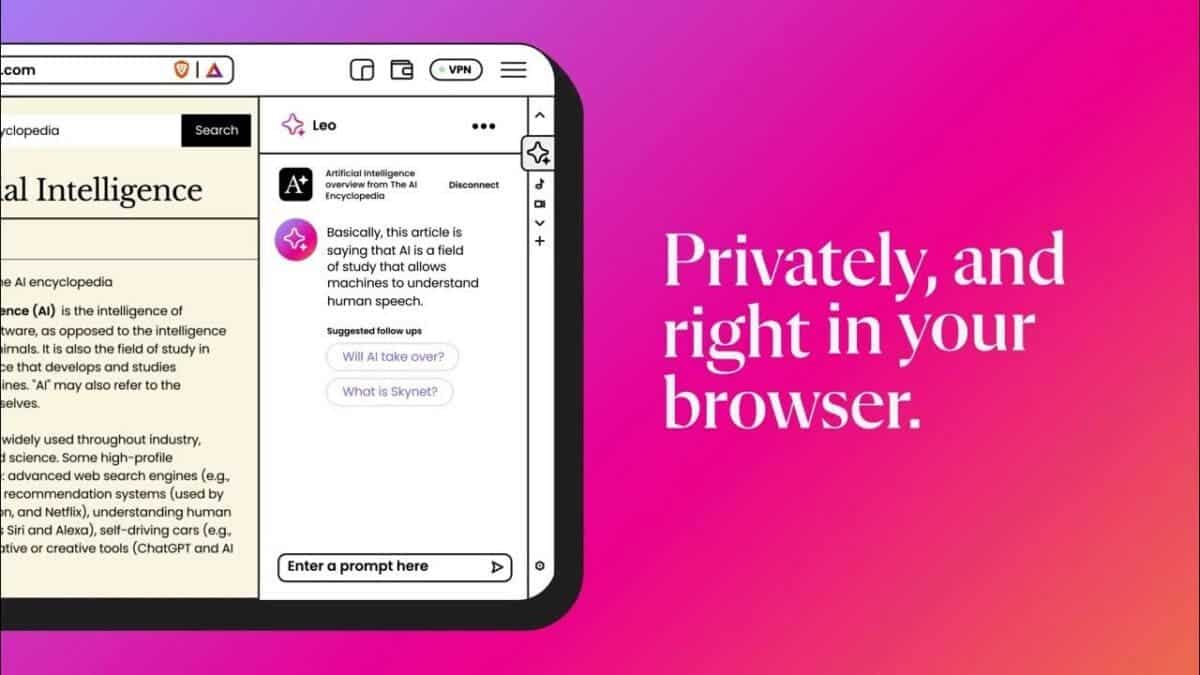Whether you’re exploring Linux or setting up Windows, crafting a bootable drive can be quite a hassle. But what if you could prepare a drive once and then effortlessly add ISO files to boot from them? That’s precisely what Ventoy offers.
Why bother with a bootable drive filled with various operating systems? Well, it’s a convenient way to experiment with different OS options without committing to installations right away. Most Linux distributions allow you to test them in a live environment before installing, and with Ventoy, this process is even quicker since you don’t need to rewrite the image to the drive each time. Plus, Ventoy makes it simple to manage a collection of installable OSs, ideal for those who regularly troubleshoot computers.
Post-setup, Ventoy creates a partition where you can drop ISO, WIM, IMG, VHD(x), and EFI files. In theory, this should work for any bootable image, although there’s a list of tested ISOs available for confirmation. However, it’s worth noting that macOS isn’t supported, nor is booting from Ventoy on Mac devices.
To begin, download Ventoy for your OS and launch it. Connect the drive you wish to use for booting OSs. Ventoy will only display external drives by default to prevent accidental overwrites of internal drives.
Choose the drive you want to write to and click Install. Ventoy will reformat the drive, creating two partitions—one for booting and another larger partition for storing image files. Drag as many images as you like to this partition, organizing them into folders if desired—Ventoy will detect all compatible files, even those in sub-folders.
For testing purposes, I added several common Linux distributions and a Windows 11 installer to my drive. Upon restarting my computer and booting from the drive, I instantly saw all the ISO files listed as options.
After thorough testing, I can confirm that each ISO booted seamlessly, mimicking the experience of writing them directly to a drive. Ventoy is now my preferred method for testing Linux live environments and installing OSs on PCs moving forward.








